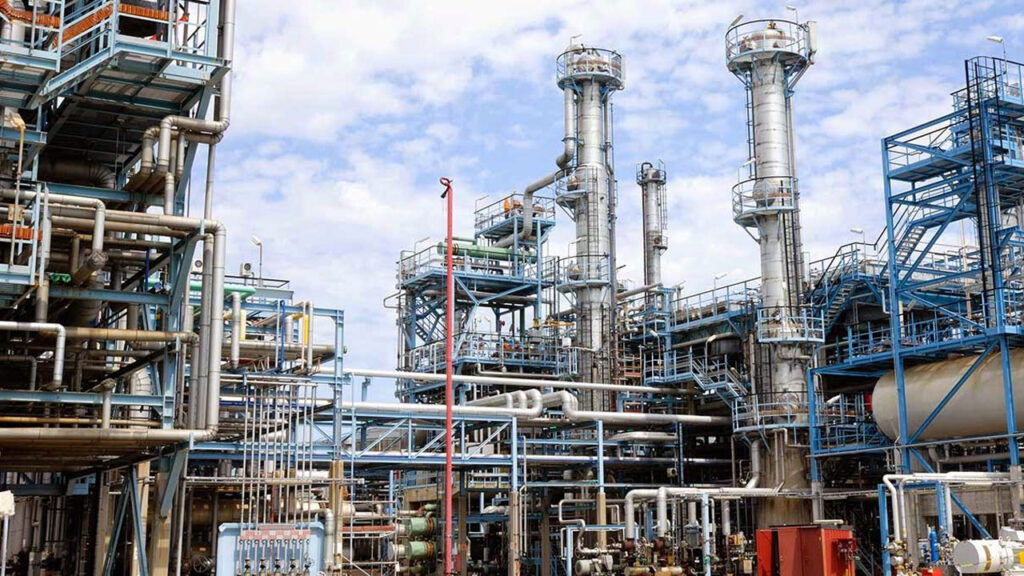Nigeria is taking decisive action concerning underperforming oil blocks, with the government considering withdrawing licenses from operators who have failed to develop their assigned fields. This initiative comes alongside a strong call for oil majors to sustain investment that will guarantee oil production growth throughout the country.
The Minister of State Petroleum Resources (Oil), Senator Heineken Lokpobiri, has emphasized this position by issuing a clear threat to withdraw oil blocks from owners that have failed to develop them. Simultaneously, the Federal Government has called on international oil companies operating in Nigeria to ramp up investment, promising to provide incentives to ensure profitable operations.
With the Federal Government setting an ambitious production target of 2.06 million barrels per day in 2025, Lokpobiri has stated that the government will begin implementing the “drill or drop” provisions of the Petroleum Industry Act in line with the drive to boost oil production. As of February 2025, oil production was reported at 1.67 million barrels per day by the Nigerian Upstream Petroleum Regulatory Commission, indicating that significant growth is needed to meet the national target.
Lokpobiri issued this warning at a Cross Industry Group meeting held in Florence, Italy, which was organized by international oil companies operating in Nigeria. The meeting focused on challenges, expectations, and strategies to enhance the sector’s contributions to domestic energy needs and regional expansion across Sub-Saharan Africa.
The minister was unequivocal in his message: “We cannot continue to have assets sitting idle for 20 to 30 years without development. If you are not utilising an asset and it remains underdeveloped for decades, it neither adds value to your books nor to us as a country.” He encouraged industry players to explore collaborative measures such as shared resources for contiguous assets, farm-outs, and the release of underutilised assets to operators ready to invest in production. The ultimatum was clear – take action or face consequences: “Otherwise, like any responsible government, we will take back these assets and allocate them to those willing to go to work.”
The minister also urged operators to consider farm-out agreements where assets are close to existing infrastructure, rather than incurring high costs on new floating production storage and offloading units. He explained that while IOCs have pointed to engineering, procurement, and construction contractors as a challenge, EPCs will only commit when they see strong investment decisions from industry players.
“The government has done its part by providing the requisite and investment-friendly fiscal policies, including the president’s executive order incentivising deepwater investments. Now, the ball is in the court of the IOCs and other operators to make strategic investment decisions that will drive increased production and sustainability in the sector,” Lokpobiri stated. He also emphasized the need for IOCs to support local refining efforts, noting that more refineries are coming upstream and will require a steady supply of crude oil. To make this possible, he stressed that ramping up production will enable Nigeria to meet both local and international obligations.
The Chairman of the Oil Producers Trade Section (OPTS), Mr. Osagie Osunbor, commended the Minister for his direct engagement with industry players and for the Federal Government’s continued efforts in advancing the sector. “We appreciate the government’s commitment to creating a conducive environment for investment. The minister’s engagement has provided critical insights and has also challenged us as industry players to step up efforts to increase production,” he stated.
Source: orientalnewsng.com
